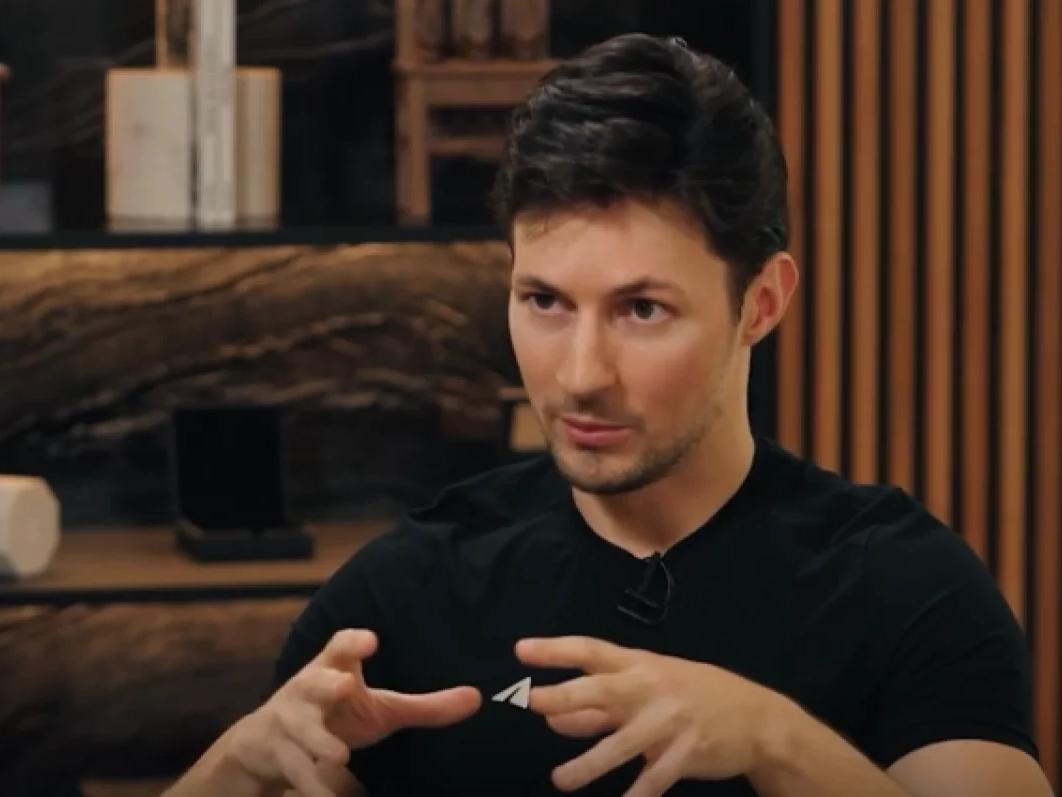Pavel Durov, the 39-year-old founder and CEO of Telegram, remains in French custody after his arrest at Le Bourget airport near Paris on August 24, 2024. French judicial authorities have extended his detention beyond the initial 96-hour period, with a judge set to decide on formal charges. Durov faces serious accusations, including complicity in terrorism, drug trafficking, fraud, money laundering, and child exploitation, due to Telegram’s alleged lack of content moderation and cooperation with law enforcement.Telegram has issued an official statement defending Durov and asserting compliance with EU laws, including the Digital Services Act. The company stated, ‘Telegram’s CEO Pavel Durov has nothing to hide and travels frequently in Europe. It is absurd to claim that a platform or its owner is responsible for abuse of that platform’. They added that their moderation ‘meets industry standards and is constantly improving’.The case has sparked international debate about platform responsibility, freedom of speech, and encryption. Figures like Elon Musk and Edward Snowden have expressed support for Durov, with Snowden calling the arrest ‘an assault on the basic human rights of speech and association’. Meanwhile, French investigators argue that ‘It’s enough of impunity for Telegram,’ citing the platform’s alleged role in facilitating various crimes.The Russian embassy in France has requested consular access to Durov, citing his Russian citizenship. However, French authorities are prioritizing Durov’s French citizenship and have so far refused to engage with Russian officials on this matter.If convicted, Durov could face up to 20 years in prison. The case continues to raise important questions about the balance between online privacy, freedom of expression, and the responsibility of platform owners in moderating content and cooperating with law enforcement. A decision on formal charges is expected in the coming days.
Key points
- Pavel Durov’s detention in France has been extended, with formal charges pending.
- Telegram denies wrongdoing, asserting compliance with EU laws and industry standards for moderation.
- The case has sparked international debate on platform responsibility and digital rights.
- If convicted, Durov could face up to 20 years in prison.
Contradictions👾While Telegram claims compliance with EU laws and industry standards for moderation, French authorities allege serious lapses in content moderation and cooperation with law enforcement.



